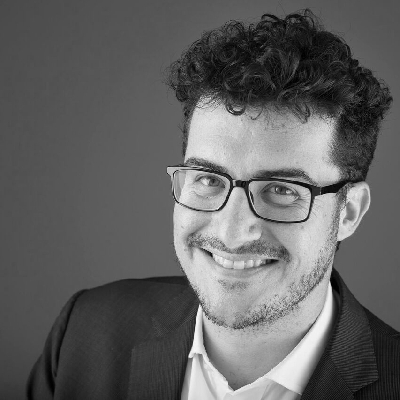In the United States there are 36 million people already out of work. In Europe, by the end of May, 60 million could, be laid off or suffer a sharp reduction in salary. In the rest of the world over 150 million people have already experienced drastic reductions in their wealth, which has pushed them well below the poverty line. And this is only the beginning of a crisis that, according to economists, will be short, but for many it could be deadly, eliminating years of efforts to seek a better life. "Europe is experiencing an unprecedented economic shock since the Great Depression," said the European Commissioner for Economic and Financial Affairs, Paolo Gentiloni.
The post-crisis recovery phase - hoping that within 12 months we will have definitively defeated COVID19 - offers an opportunity but also involve risks. It can be dangerous, given the strong popular discontent and the strong social tensions (the 2020 economic crisis will be worse than the one in 2008). A strong downturn can will push populist demagogues supported by the coal, oil and plastic lobbies, who will fight to stop all environmental policies, from the Pigouvian taxes ( plastic tax , border carbon tax , etc. ) to large investment plans (Green Deal, Green Climate Fund), with important reverberations also in the international negotiations on climate (COP26) and biodiversity (COP15 in Kunming). The signs are all there. "If you enjoyed the lockdown, you will love the Green New Deal pandemic," said the conservative Washington Examiner. Elizabeth Harrington , spokeswoman for the RNC, the US Republican National Committee, wrote in an editorial in The Hill that Democrats "believe a pandemic is the perfect opportunity to kill millions of jobs" with carbon reduction plans. Similar comments have echoed in France, Germany, Hungary, Italy by ultra-right leaders. A dangerous approach: neoliberal lasseiz-faire with a populist’s twist. It could lead to an even worse crises in the next 5-10 year cycle, propelling and endless environment-driven economic crisis, with unimaginable consequences on planetary stability.
It is therefore necessary to stem these forces and defend the European Green Deal and reposition it as the Green Social New Deal, thus strengthening the just-transition and just-recovery component . In the US, it will be up to the Democrat candidate, Joe Biden (as Obama inherited the crisis from Bush in 2008) to heal four years of Trump madness, reaching out to progessives, like Alexandra Ocasio Cortez. In Asia, China will have to lead the circular transition, betting on a new rethinking of its industries, definitively phasing out coal, while in Latin America, it is necessary a new rebirth, to correct the perilous path of populists like Bolsonaro.
A central role will have women, who can bring an innovative vision, centered around the concept of "care", often absent in many male leaders’ vision. Care and solidarity, as Alex Lemille likes to repeat, will be necessary to create a truly human circular economy, that does not use GDP as the key economic metric, but includes social and environmental indicators. A rethinking that must necessarily involve that soft power that is the United Nations, which must find a role and a philosophy in order to truly achieve the Sustainable Development Goals. Aiming for this objective, international cooperation must also continue on its modernization path. It will be necessary to rediscover the role of the local without giving in to localist solipsism, thus rediscovering a moderate and aware ecologism.
For this seemingly insurmountable challenge, we must change our attitude: a renewed intellectual effort is needed to understand and act in a complex world, sacrifice, ethics, a sense of civic duty are needed. Resources that are in short supply in crisis, all too worried about their existence, made complex by the dark shadows of an uncertain future.
Even Renewable Matter, to cope with this situation, evolves: the magazine (which many of you have followed and appreciated in recent years) becomes a monographic study area of the highest quality, devoted to slow- journalism , to be read calmly, while digital will be a more dynamic means of information, with the structure of a pirate brigantine ready to make daily incursions in every innovative direction of the circular economy, of design, of research. With the aim of providing an increasingly complete, organic, multi-channel intelligence tool (with its books, videos, conferences and much more). We want to contribute to opening a space for reflection on economy and society, on innovation and good practices, which tackles problems with a systemic, circular approach, with an international point of view, with a critical spirit and a dose of humor to remain pleasant and fresh. We are your new tool to discuss and work. Let's build this space together.


